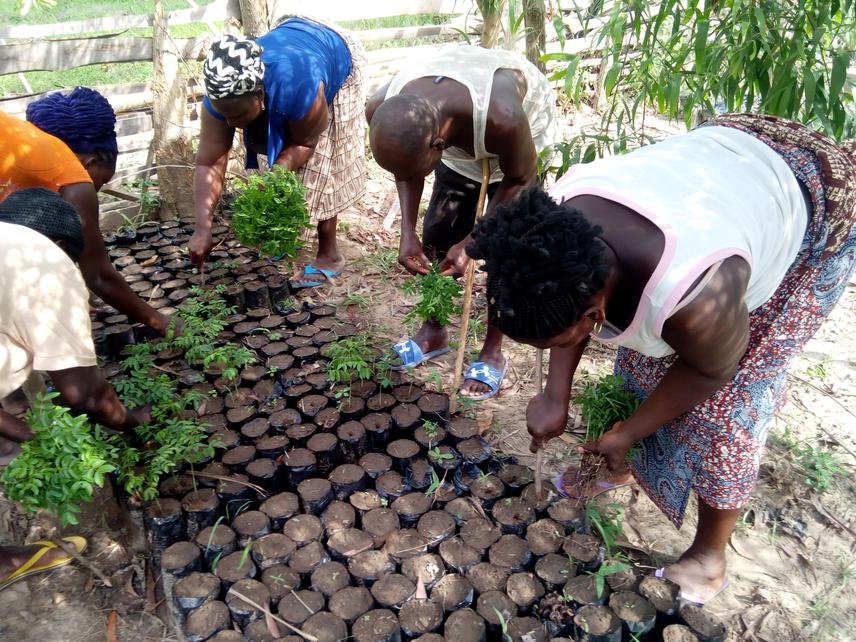Enagnon Bruno Lokonon
Other projects
28 Mar 2019
Participatory Actions for Conservation of the Critically Threatened Multipurpose Caesalpinia bonduc (L.) Roxb in Southern Benin
Caesalpinia bonduc (L.) Roxb is reported as already extinct in the wild in Benin. Remaining individuals can only be found in traditional agroforestry systems. In Central and Northern Benin, the species is extremely rare due to human pressure. This project aims to (1) update the current distribution and local knowledge of Caesalpinia bonduc in Central and Northern Benin and (2) train local people on advanced nursery and planting techniques. Semi-structured interviews, mega-transects setting and nurseries implementation will be combined to reach the objectives of the project.

Local people in Benin have always used plants in various ways to meet their daily needs. Plants are highly used to treat a wide range of diseases and also for food, construction of dwellings, making household implements, firewood and shade. Far from being classified as a forest country, Benin has a vegetation dominated by savannahs mosaics. The loss of forests was estimated to 50,000 ha/year (Food and Agriculture Organization (FAO), 2015). Land clearing for agriculture, charcoal production and increased harvesting pressure on timber and non-timber products are the main drivers of forest degradation in Benin. These factors, combined with climate change, have resulted in the decline of the populations of some species and even the extinction of many important indigenous species. Among these species, Caesalpinia bonduc, one of the most commercialized medicinal plants in Benin, is already extinct in the wild.
One of the goals of Benin to achieve the vision of Convention on Biological Diversity (CBD) is to prevent the overexploited species like C. bonduc from extinction. This project aims to contribute to this achievement through rural communities-based approach for sustainable conservation of C. bonduc. Indeed, although the species is overexploited, its importance in traditional medicine has led to preservation of some individuals in agroforestry systems and home gardens. Therefore, capacity building of local communities to raise their ability to grow the species and replant is necessary for an effective conservation of the species.
This project is designed to:
- Firstly, update the current distribution and local knowledge of C. bonduc in Central and Northern Benin;
- Secondly, train local people from Central and Northern Benin on advanced nursery and planting techniques;
- Thirdly, plant the seedlings of the species in traditional agroforestry systems, home and botanic gardens in Central and Northern Benin.